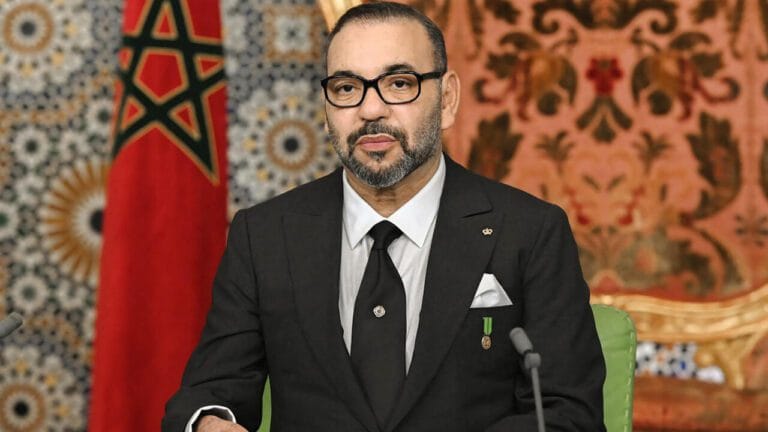Symbolically presiding over the work of the “Ibrahim Governance Weekend” in Marrakech, King Mohammed VI delivered a strong message on the pathways for Africa’s economic transformation. In the face of persistent financing challenges, the Sovereign outlined four priorities to enable the continent to take control of its destiny and build a prosperous future.
A new model of African financing
The King calls for breaking away from excessive dependence on public development aid and external financing, which often leads to indebtedness. He emphasizes the importance of mobilizing internal resources, particularly by leveraging diaspora remittances, modernizing tax systems, and introducing innovative financing mechanisms. Such financial autonomy is an essential condition for any sustainable reform.
Strong institutions to promote investment
Creating a favorable business environment is another identified priority. This involves transparent governance, the moralization of justice, the fight against corruption, and the protection of investors. The goal is to strengthen trust, stimulate entrepreneurship, and make economic growth a lever for social inclusion.
Accelerating intra-African economic integration
The King also stresses the urgency of intensifying trade between African countries, which remains weak compared to other regions of the world. The African Continental Free Trade Area (AfCFTA) is seen as a strategic tool to promote industrialization, enhance the resilience of African economies, and boost their attractiveness for investments.
Transforming natural resources locally
The continent, richly endowed with raw materials, can no longer be satisfied with exporting its resources in their raw state. The King advocates for industrialization based on local processing and the creation of regional value chains. This shift is essential to generate more revenue, create jobs, and finance the continent’s development ambitions.
Morocco as a regional catalyst
In this context, Morocco aims to play a bridging role between African regions and Southern partners. Projects like the Atlantic Pipeline or the Atlantic Initiative for Sahel countries illustrate this desire for integration and co-development. The Kingdom also highlights its expertise in renewable energies, sustainable agriculture, and infrastructure to foster continental synergies.
Financially, Morocco has established structural levers, such as the Mohammed VI Investment Fund and Casablanca Finance City, which is now positioned as a regional capital hub.
A call for reform of the international financial system
The royal message also denounces the prohibitive interest rates imposed on Africa in financial markets and demands equitable access to concessional financing. It calls for strengthening the role of regional financial institutions and ensuring better representation of the continent in global governance bodies. Reforming the international financial architecture, still dominated by Northern countries, is deemed urgent and necessary.
As the 2030 deadline for the Sustainable Development Goals approaches, King Mohammed VI emphasizes the importance of placing Africa’s financing at the heart of the international agenda. The Seville Conference at the end of the month represents, in his view, an opportunity to strongly advocate for these demands.


